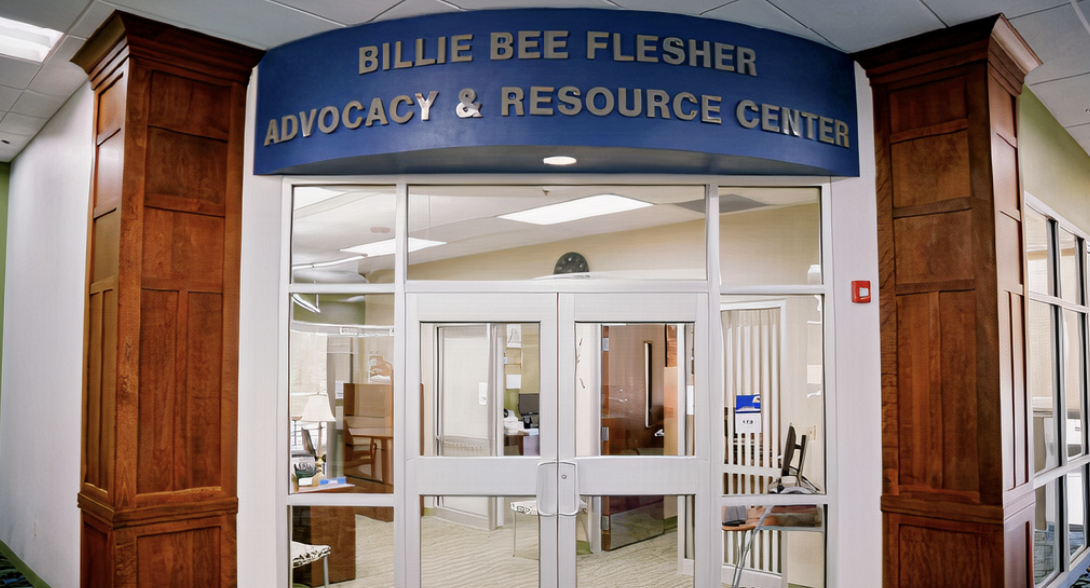Document Tag: Texas
Student Financial Wellness Survey Fall 2023 Semester Report (2024)
The Student Financial Wellness Survey (SFWS) is a self-reported, online survey that documents the
financial wellbeing and success indicators of postsecondary students across the nation. The SFWS
was designed and implemented by Trellis Strategies, starting in 2018. Since then, 3.1 million
students have been surveyed at 263 institutions in 34 states.
Basic Needs Insecurity in Texas Community Colleges: Landscape Analysis (2023)
During the COVID-19 pandemic, Texas community colleges increasingly focused on addressing students’ basic needs insecurities (BNI), such as food and housing insecurity, so that students could continue to make progress towards their academic goals. As colleges continue to recover from the pandemic lockdowns and prepare for the winding down of historic levels of government support, faculty, staff, and administrative leaders are poised to consider how best to refine, scale, and sustain their BNI service offerings to most effectively support student success.
Over the past decade, the research on BNI has grown dramatically, documenting the widespread prevalence of BNI among the student population, the negative effects of BNI on student outcomes, and promising solutions colleges have implemented to best support students. This report documents findings across several critical issue areas relevant for community college leaders to consider as they make plans for enhancing BNI service offerings.
Emergency Aid Distribution in West Texas Community Colleges (2023)
related to food and housing instability, inadequate health care and rising attendance costs. In fact, the U.S.
Department of Education recently released the first-ever national estimates of food insecurity and homelessness
and found that college students are more likely to face these issues than the general population. These financerelated
challenges have a significant and negative impact on a student’s academic performance and are
associated with stopping-out and dropping-out of college – even when the financial challenge amounts to a
relatively small dollar amount. Emergency Aid (EA) programs are one approach that colleges use to assist students
with these unforeseen challenges.
The threats students have faced in meeting their basic needs while in college have increased significantly in the
last 15 years, with less than half of all public community colleges today meeting criteria for being affordable. The
COVID-19 pandemic compounded these affordability issues as the entire sector forced students out of housing,
shut down dining halls, and shifted their instructional model overnight.
In response, Believe in Students and the then-startup mobile app called Edquity – now Beam – partnered with three
colleges in West Texas to provide emergency aid funding over two school years, from fall of 2020 through spring
of 2022, to help keep students in school as well as in their homes with their families intact. In total, $835,750
was disseminated throughout this period to help 1,937 students address food, housing, transportation, and other
expenses.
One of the partner institutions involved, Odessa College, was able to provide persistence and graduation data for
the students who received emergency aid through this program. This data shows that over 90% of all aid recipients
persisted in college the following semester or earned their degree. This outcome is particularly noteworthy
considering the national persistence rate for public two-year institutions (students continuing their education at
the same or a different institution) was 61.5% in fall 2020, while the retention rate (students returning to the same
institution) was 52.4%.
This report describes the unique partnership between community colleges in West Texas, Believe in Students,
and Beam, sharing information about how the dollars were used by students and how the partners adapted as a
result of the project. The findings and recommendations shared here are scalable to other campuses in Texas, and
the student outcomes will serve the region’s workforce and help meet the state’s 60X30 attainment goals and
workforce needs.
Navigating the Mental Health Provider Shortage in Higher Education (2023)
Since the onset of COVID-19 in 2020, there has been a renewed focus on postsecondary mental
health. A growing body of evidence draws explicit links between student mental health and their
likelihood of entering and persisting through higher education, highlighting a truth that mental
health professionals and postsecondary leaders deeply understand in the years following the
pandemic: mental health is a basic need critical to student persistence and academic success.
In response to this need, the Trellis Foundation launched the two-year Postsecondary Mental Health
and Wellbeing Learning Community to support student mental health and academic success.
Texas #RealCollege Survey Report (2021)
In total, nearly 13,000 students from 10 two-year colleges and four four-year colleges and universities in Texas responded to the 2020 #RealCollege Survey, fielded from September to November 2020.
Supporting Community College Completion with a Culture of Caring: A Case Study of Amarillo College (2018)
This report is an in-depth case study of the No Excuses Poverty Initiative at Amarillo College (AC), a midsize community college in the Texas Panhandle. Nearly a decade ago, AC’s leadership initiated a reflective and intentional series of steps to help alleviate the conditions of poverty affecting their students and promote the chances those students complete their degrees. The college has received widespread press and recognition for its work. This case study is the first intensive, evidence-based examination of that initiative, its key components, and its impact on student success.
Supporting the Whole Community College Student: The Impact of Nudging for Basic Needs Security (2021)
Even after decades of improvement efforts, completion rates at community colleges remain low, particularly among students who need developmental education. Basic needs insecurity contributes to these low completion rates. As a result, community colleges throughout the country have launched benefits “hubs” to help students secure their basic needs. However, there is limited evidence on whether connecting students with these hubs improves academic success.
This report details an evaluation of the Advocacy and Resource Center (ARC), a benefits hub at Amarillo College (AC) in Texas. In partnership with AC, we conducted an evaluation to advance two institutional goals:
Increase utilization of the ARC, particularly among students most at risk of leaving college, with a low-cost technology-enabled approach.
Estimate the academic impacts of connecting students to the ARC.
Over the course of a year, we emailed randomly selected students from low-income households and those enrolled in developmental education coursework, informing them about and inviting them to the ARC. We found that the emails (or “nudges”) paid off for students who received them:
Rates of visiting the ARC more than doubled from 22% to 56%.
Developmental education students nudged to visit the ARC were 20% more likely to pass developmental education courses, a crucial milestone.
However, we did not find clear evidence that nudged students completed more credits, received higher grades, or passed other courses at higher rates.
As community colleges across the nation work to improve student success and help students recover from the pandemic, this evaluation offers two lessons:
Insufficient information about existing basic needs supports keeps students from getting the help they need. The information barrier may be effectively overcome with personalized nudging, a low-cost solution.
Connecting students to basic needs supports helps students make academic progress, particularly those in need of developmental education.

